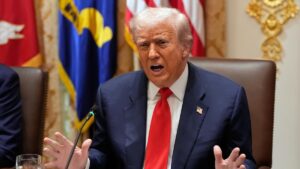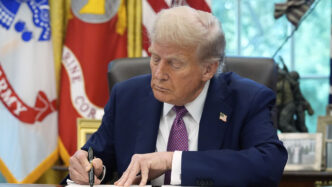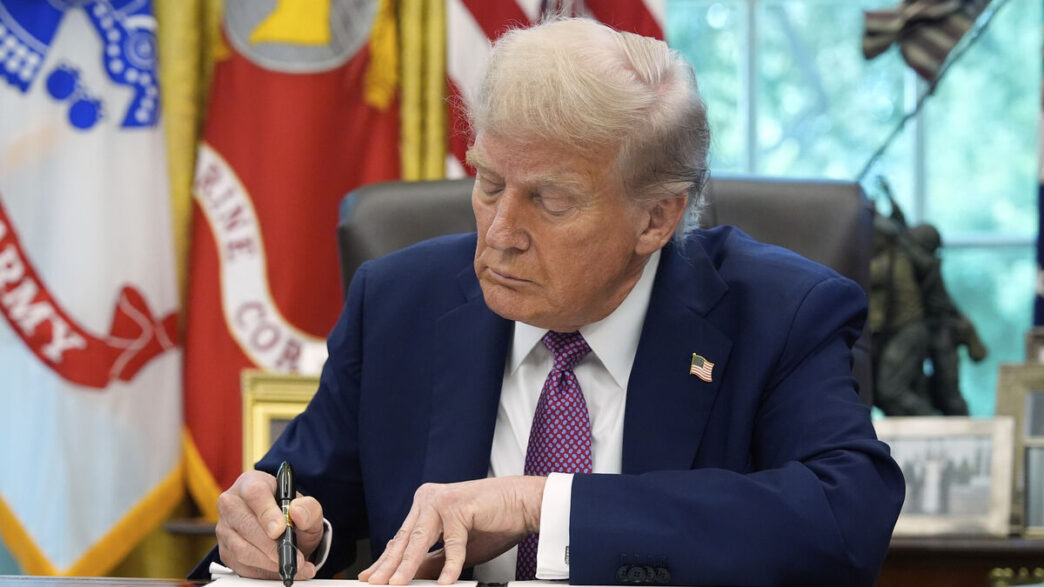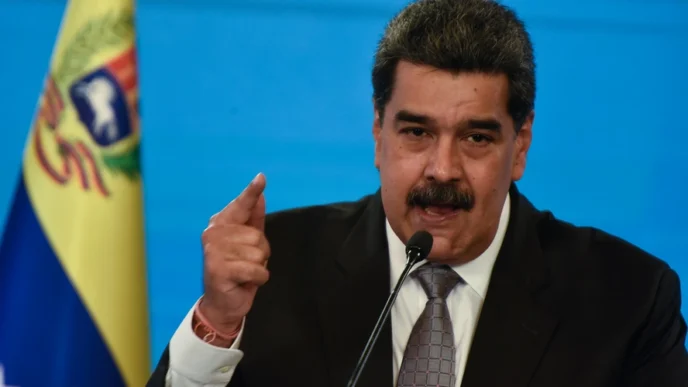The ongoing U.S. government shutdown has officially become the second-longest in American history as it entered its 22nd day on Wednesday, with no deal in sight between Democrats and Republicans.
The deadlock continues to cripple federal operations, leaving hundreds of thousands of workers without pay and key services halted.
Since October 1, Senate Democrats have consistently blocked Republican-backed efforts to fund the government through November 21.
Only three members of the Democratic caucus have broken ranks to support the measure.
Meanwhile, pressure continues to mount as both chambers prepare for another round of talks on Wednesday.
Senate Minority Leader Chuck Schumer blamed President Donald Trump for the prolonged shutdown, calling it the “Trump shutdown.”
Schumer said, “We urged him to meet with us, and we said we’ll set up an appointment with him any time, any place before he leaves.”
However, House Speaker Mike Johnson has maintained that no meeting will take place until Democrats agree to reopen the government.
In a post on X, he said President Trump “confirmed he is ready and willing for the three of us to meet with Leader Jeffries and Senator Schumer as soon as Schumer reopens the government.”
Senate Majority Leader John Thune echoed this stance, stating there was “nothing to negotiate” until Democrats agreed to fund the government.
“I don’t know what there is to negotiate. Open up the government first,” Thune told reporters.

He emphasized that the Senate would keep voting on the short-term funding bill until Democrats “eventually… come around.”
At a White House meeting with congressional Republicans, President Trump accused Democrats of political extortion.
“Vote for the clean bipartisan continuing resolution and reopen our government it’s got to be reopened right now,” he declared.
The stalemate revolves around health care spending.
Schumer and other Democrats want the inclusion of extended pandemic-related health subsidies that cover over 22 million people under the Affordable Care Act.
The White House insists those benefits don’t expire until December 31, suggesting there’s still room for negotiation after the government reopens.
Meanwhile, the shutdown’s effects are deepening. About 750,000 federal workers have been furloughed, while the Trump administration has begun initiating permanent layoffs.
If the shutdown continues, employees will miss their first full paycheck by Friday, and military personnel may go unpaid by October 31.
The shutdown has now surpassed the 21-day lapse of 1995–1996 during the Clinton administration, marking it as the second-longest in history.
The record remains the 35-day shutdown of 2018–2019, which also occurred under President Trump.












